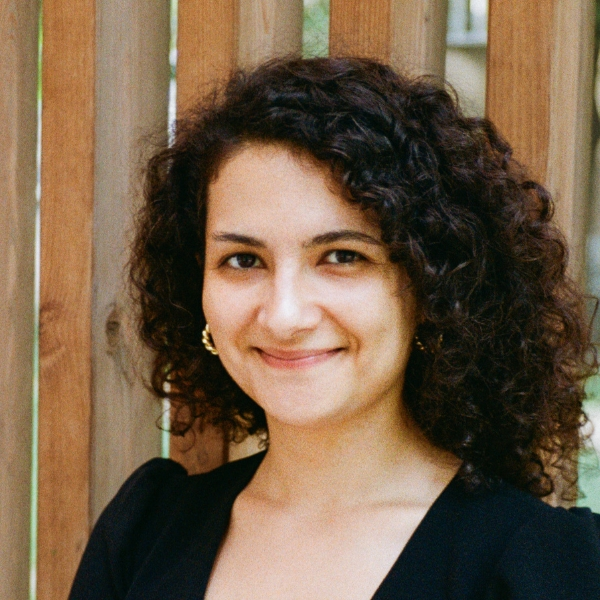Install this application on your home screen for quick and easy access when you’re on the go.
Just tap then “Add to Home Screen”
The EPSR Early Careers Prize is awarded biennially to the best article by an early career scholar appearing in a volume of European Political Science Review (EPSR) published in the previous two years.
The prize is awarded for an article which produces inventive and momentous research on politics. The article must have been written by a scholar who is either pre-PhD or who has received their doctorate within five years of their article’s publication.
EPSR seeks to create a forum for innovative, path-breaking studies. It actively encourages scholars who have recently gained their PhDs to submit articles to the journal for consideration.
The Prize was first awarded in spring 2023, covering Volumes 13 and 14 of EPSR.
The Prize fund is £500 and is generously co-sponsored by EPSR’s publisher, Cambridge University Press.
In the context of the EPSR Early Careers Prize, we define ‘early career scholars’ as individuals who are either pre-PhD or who have received their doctorate within five calendrical years before the year of the volume in which their article appears.
Articles published on any subject by early career scholars are automatically eligible for consideration for the EPSR Early Careers Prize. This Prize is open to all, regardless of whether an individual is affiliated with an ECPR Member institution.
If an article is co-authored, all authors must fit the Prize’s criteria for the article to be deemed eligible for the Prize. Corresponding authors are asked to take responsibility for checking the eligibility of their co-authored article, though the Communications Coordinator has the right to ask for proof of eligibility from the authors prior to jury consideration.
ECPR Executive Committee Members and Editors are not eligible for this Prize.
The Jury for the 2025 prize was comprised of a Chair from the ECPR Executive Committee, one member of the EPSR Editorial Board and one member from the wider ECPR community.
The Jury for the 2025 prize was as follows:

Postdoctoral researcher, University of Calgary
European Centre for Social Welfare Policy and Research and Leiden University

Published in EPSR Volume 14.
